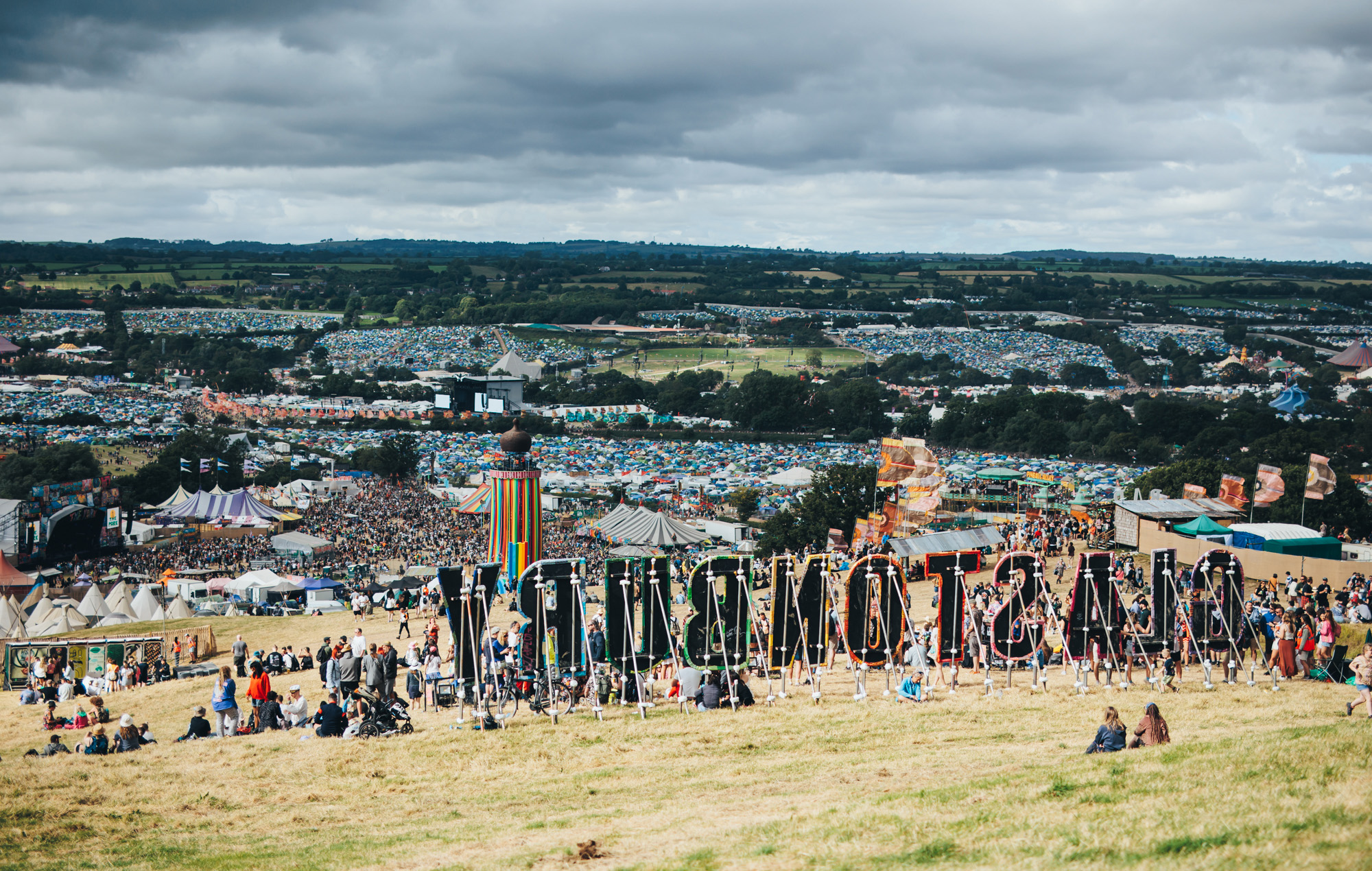
With Glastonbury 2025 now done and dusted, many music fans may be looking ahead to next year to return to Worthy Farm. However, the festival will be taking its traditional fallow year.
The festival traditionally takes a year off for one in every five to allow the farmland to recover. It’s a concept that originates from agricultural practices, where land is left unplanted to improve soil quality and to allow it to replenish its nutrients for cattle grazing.
The festival’s last official fallow year was in 2018, but organisers had to cancel two consecutive years in 2020 and 2021 due to the pandemic.
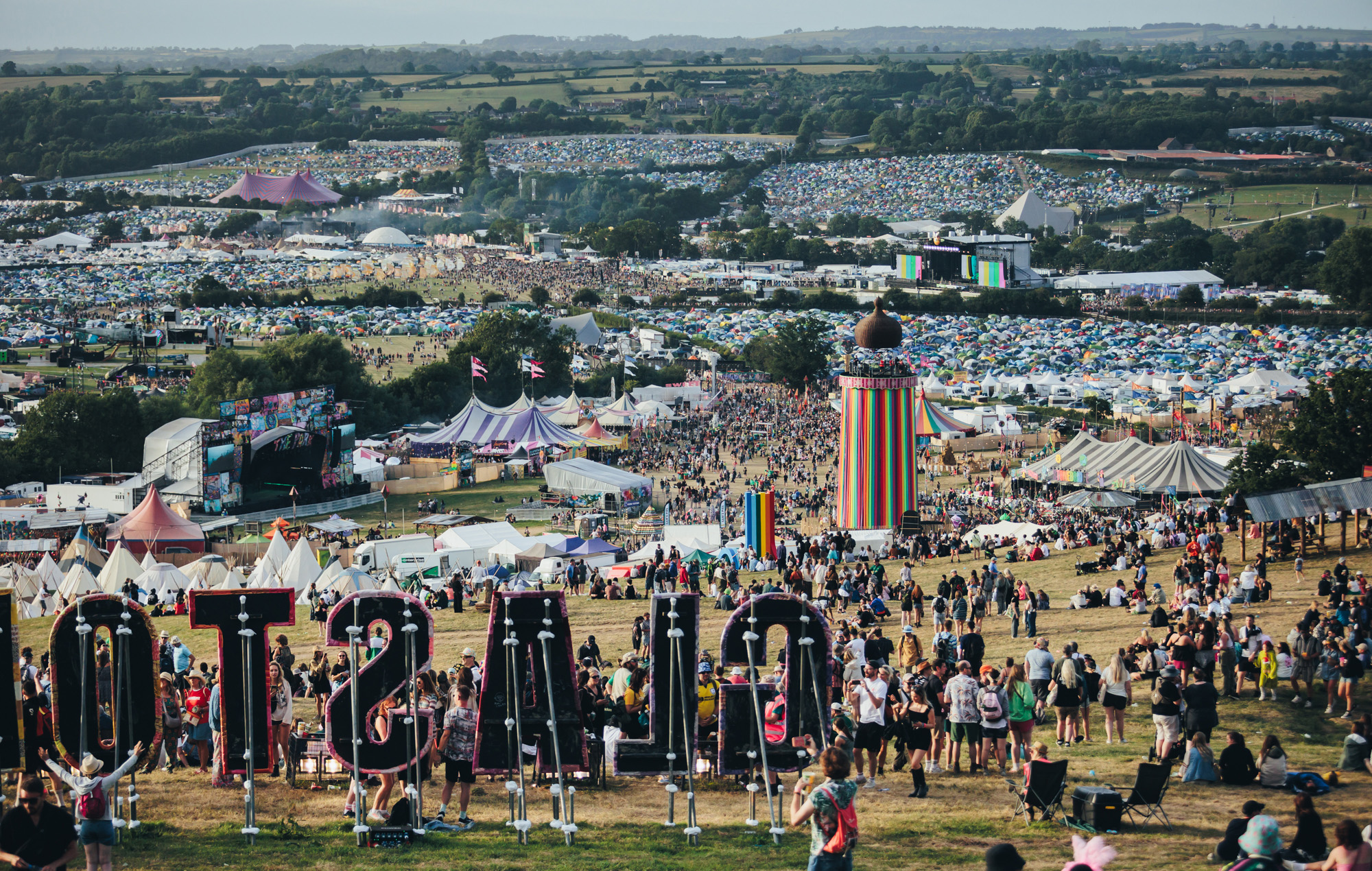
Last July, organiser Emily Eavis said that the festival would once again take a fallow year to “give the land a rest”. “The festival before a fallow year is always a fun one to plan, because you almost have to fit two years into one,” she said of 2025’s edition of Glastonbury.
It also offers a break for the community in Pilton, where the festival is held. Speaking about fallow years in The Glastonbury Free Press as Glastonbury 2025, Michael Eavis said: “I invented those in the ’80s, because it was very stressful with the licence, the police, the village, the press and the council.
“I thought, ‘We’ll give them all a break so they’ve got nothing to complain about for a bit!’ And of course, the farm gets a rest. It was a really good idea. I think we’ll be ready for a break next year!”
[embed]https://youtube.com/watch?v=Ywn8hQkt0Jo&feature=oembed&enablejsapi=1[/embed]
Michael and Emily Eavis opened the gates to the iconic Worthy Farm event early Wednesday morning (June 25). Many fans had camped outside overnight and travelled from across the world to be greeted by the festival bosses and their family, accompanied by a brass band.
Wednesday night also saw early arrivals treated to a circus and acrobatics show on the Pyramid Stage, followed by the traditional fireworks from The Park.
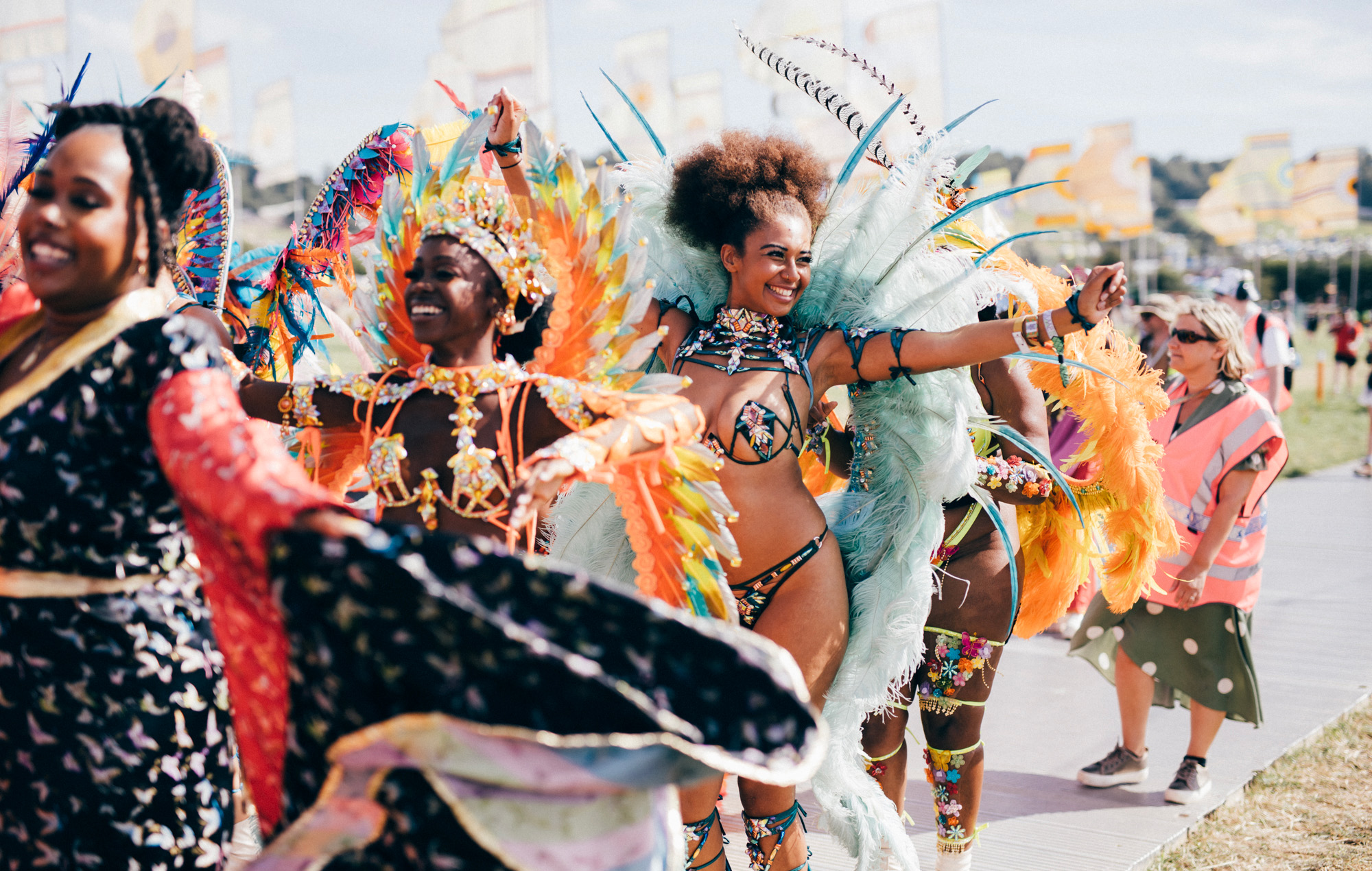
Music at Glastonbury kicked off Thursday night, with the likes of Heartworms, Maruja and Fat Dog performing across the site.
Friday saw a hit-filled headline set on the Pyramid Stage from The 1975 that was short on controversy and Loyle Carner’s Other Stage-closing magnificent back-to-basics set. Elsewhere Lorde kicked things off proper with her secret set at Woodsies, where she performed her new album ‘Virgin’ in full and then some, and a returning Lewis Capaldi staging his triumphant return at a surprise set over at the Pyramid.
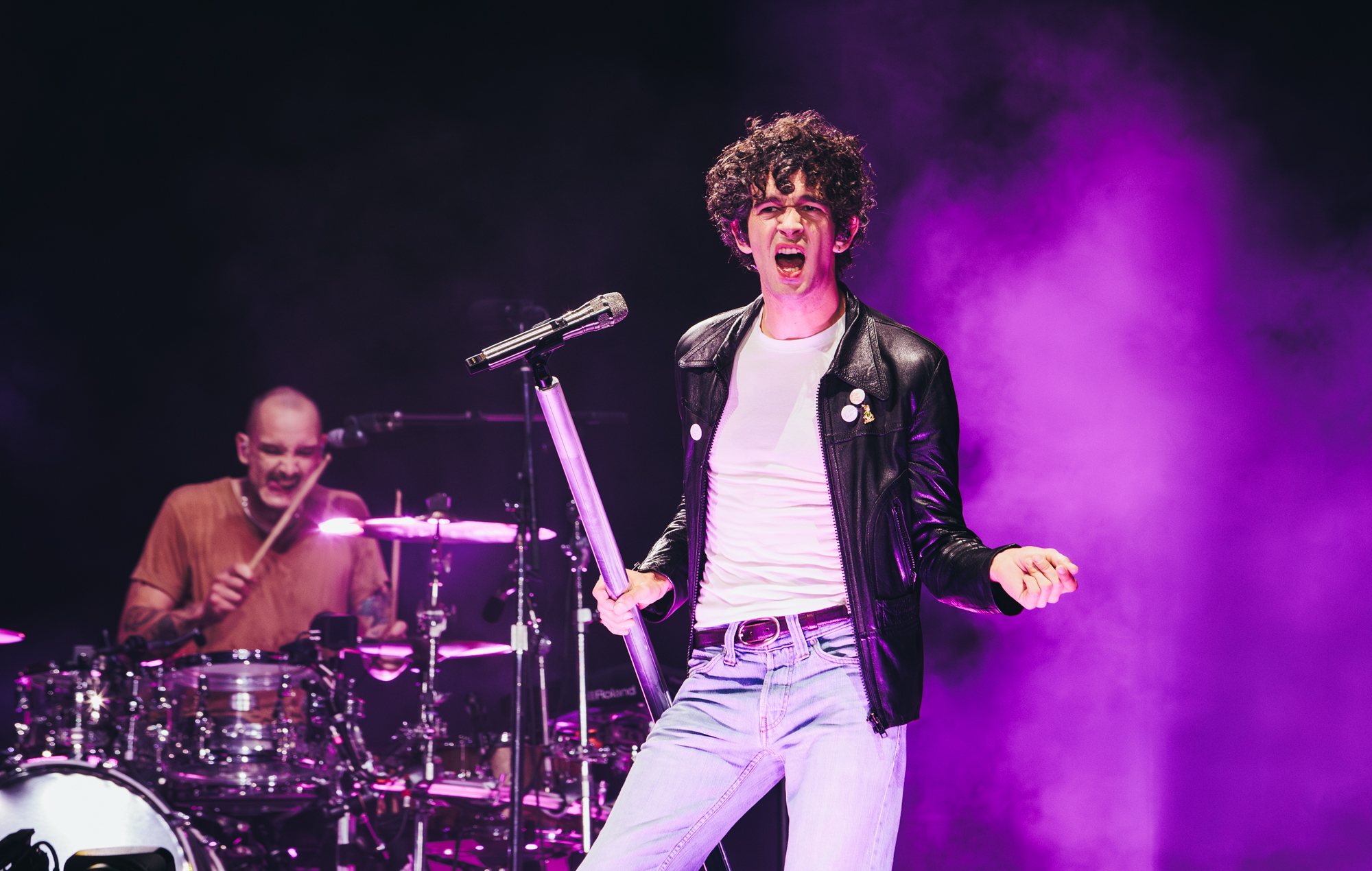
Lewis wasn’t the only Capaldi to make a special appearance on Worthy Farm this year, as Peter Capaldi joined Franz Ferdinand for a frantic rendition of ‘Take Me Out’. Other highlights from Friday included sets from Wet Leg, Supergrass, Self Esteem and more.

Saturday’s Pyramid Stage and Other Stage were closed out by Neil Young and Charli XCX respectively – the latter of whom brought out Gracie Abrams to deliver the now-iconic ‘Apple’ dance.
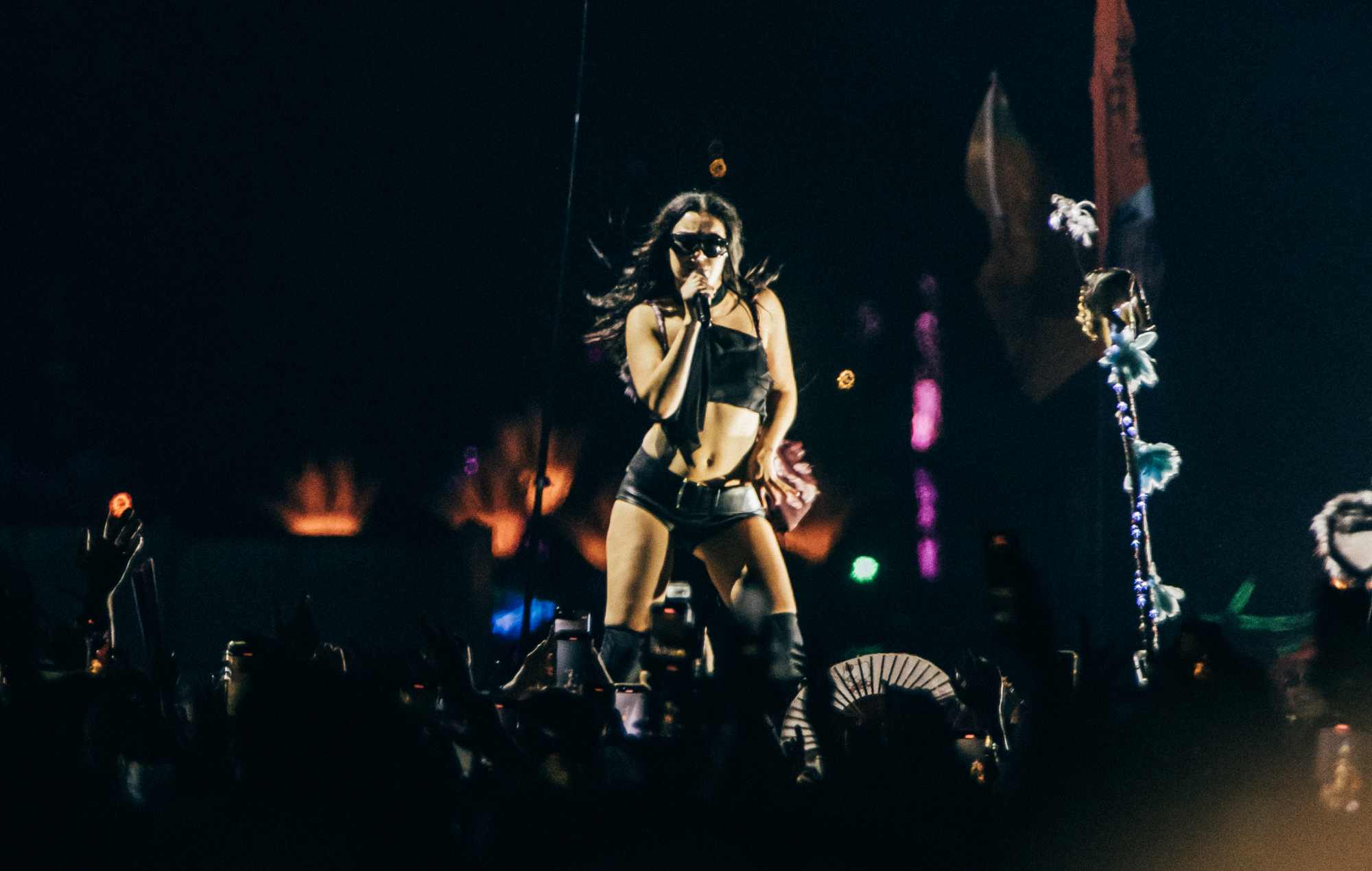
Elsewhere on Saturday, Skepta delivered a short banger-filled set on short notice in place of Deftones, who had to cancel due to illness, while Pulp were revealed as the mysterious “Patchwork” on the Pyramid Stage and Haim took over the Park Stage for a secret set.
Kneecap also delivered an incendiary set at their highly anticipated set at West Holts, calling out Keir Starmer in the process. While their set was pulled off the BBC’s live coverage at the last minute, Neil Young’s set was added to the iPlayer livestream.
Kneecap’s set was preceded by a similarly controversial set from Bob Vylan, who used their time to speak up for Palestine and led chants of “death, death to the IDF”, which has drawn much criticism online. Glastonbury has distanced itself from Bob Vylan’s message, saying it “crossed the line”. Both Kneecap’s and Bob Vylan’s sets are now reportedly under assessment by the police.
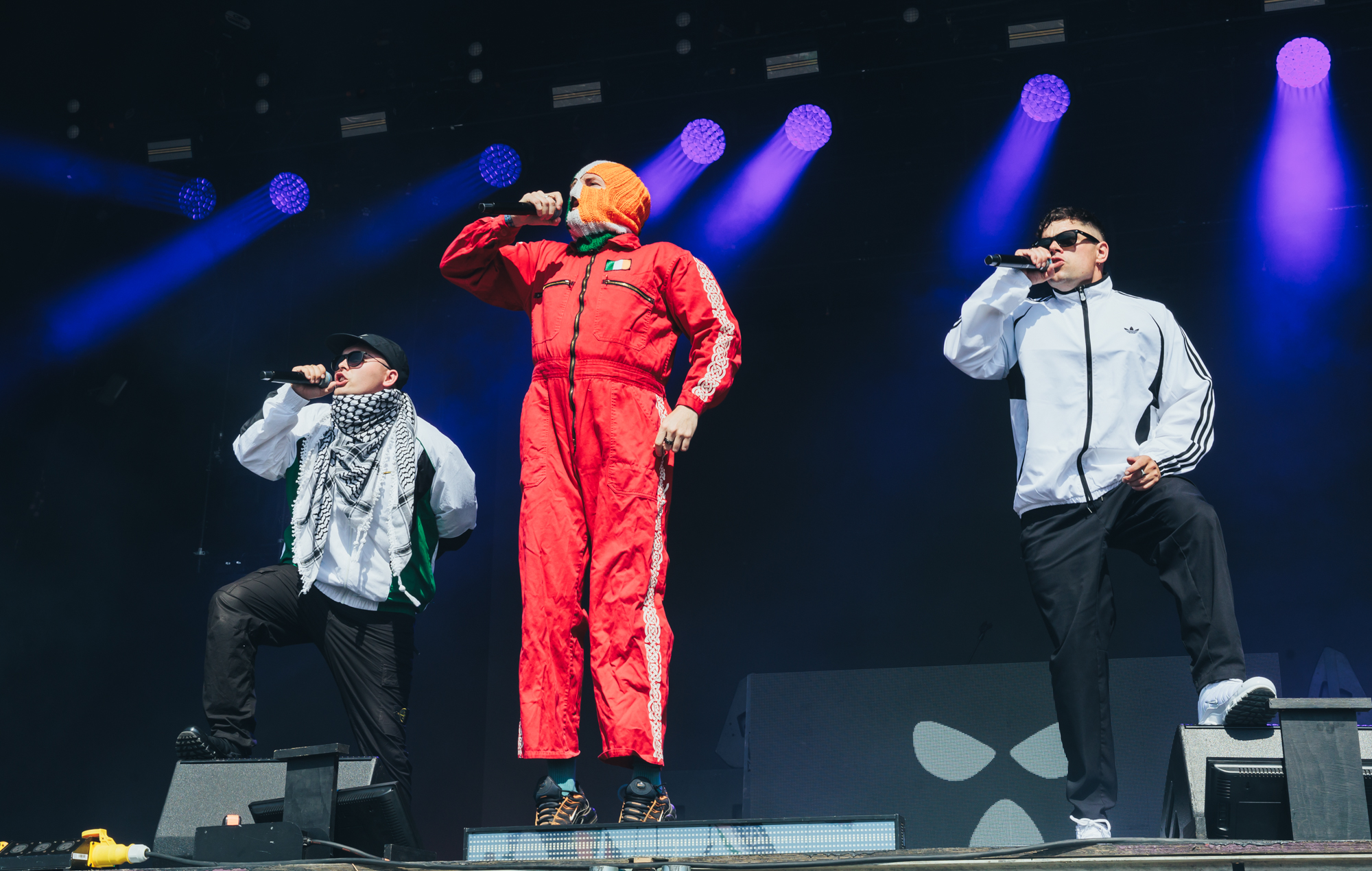
Olivia Rodrigo closed out the Pyramid Stage on Sunday to bring the festival to a close. Besides running the gamut on her greatest hits, she was joined by Glasto legend Robert Smith of the Cure for ‘Friday I’m In Love’ and ‘Just Like Heaven’.
Meanwhile, The Prodigy dedicated their Other Stage headlining slot to late member Keith Flint, and Rod Stewart rolled out the hits at his Legends slot.

A number of significant changes were made to the site at Glasto this year, with Emily Eavis revealing that they had been “trying to make as much space as possible” and “selling a few thousand less tickets” for 2025.
She also said that she “did not believe” that the BBC would be broadcasting Neil Young’s headline set – with him currently not appearing in their coverage plans for the weekend – as well as discussing Kneecap’s controversial slot with the band’s Mo Chara facing terror charges, arguing that “everyone is welcome here”.
Check back at NME here for the latest news, reviews, interviews, photos and more from Glastonbury 2025.
The post Why there won’t be Glastonbury in 2026 as the festival takes a fallow year appeared first on NME.





